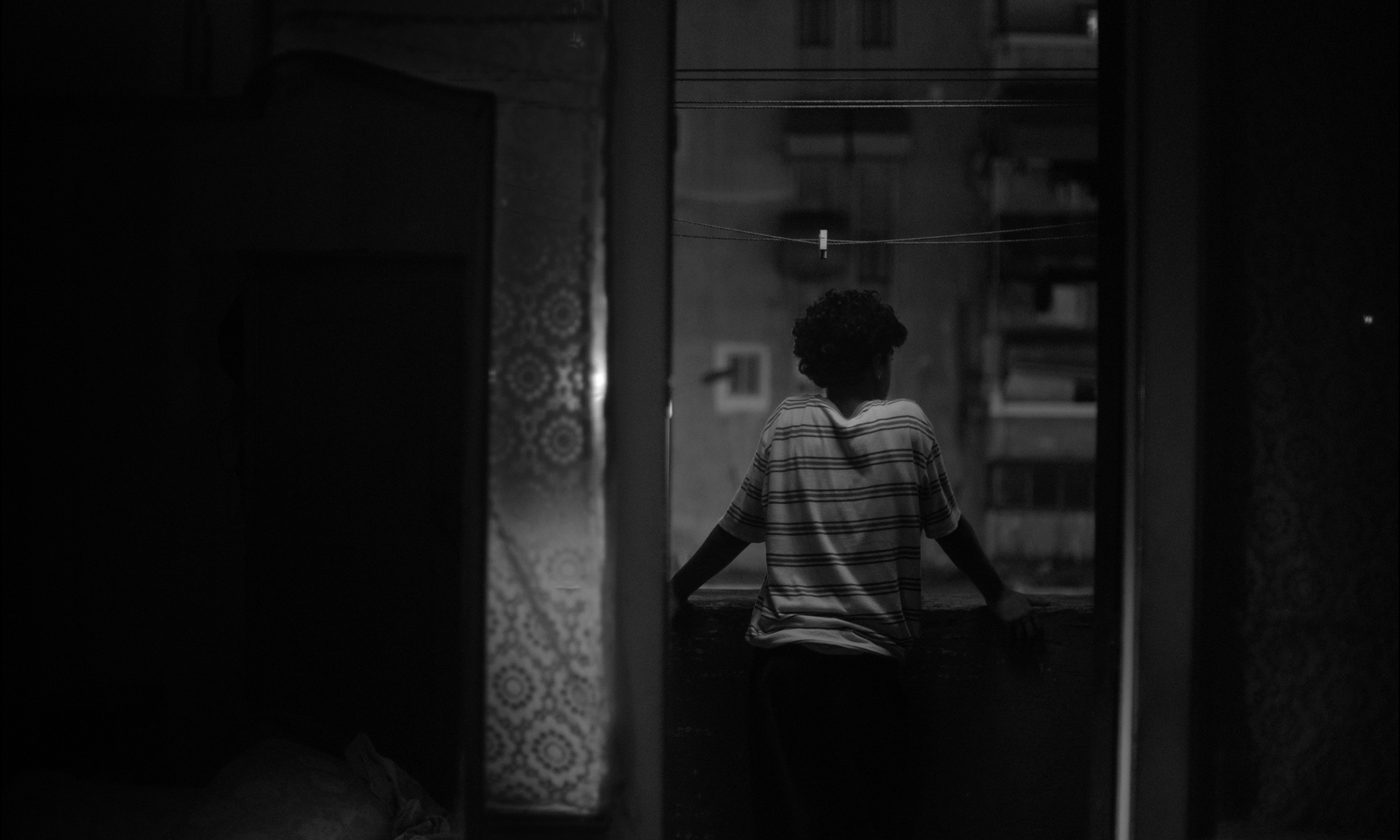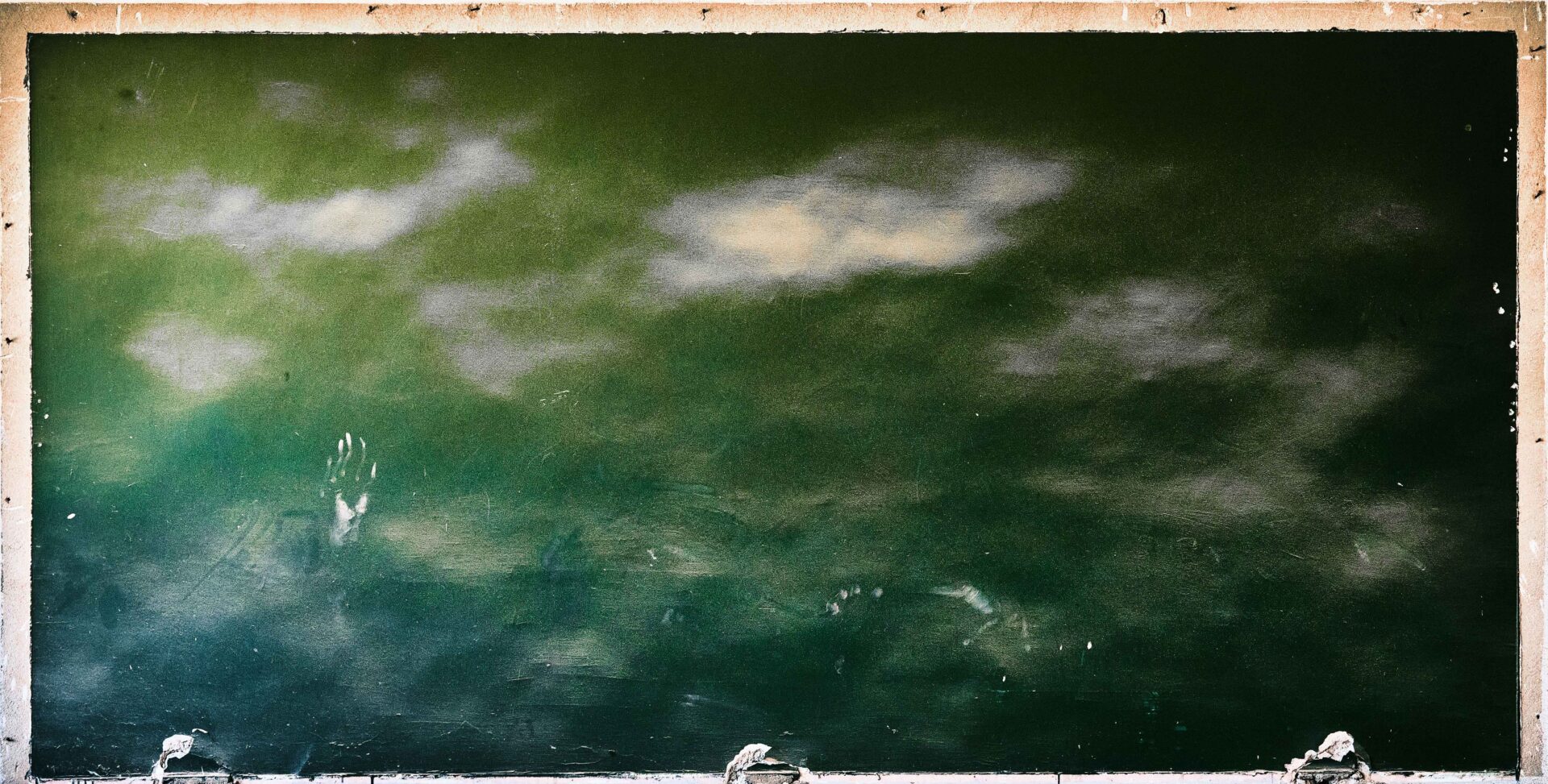Culture Resource’s Cultural Policy in the Arab Region Program has been actively supporting the work of national task forces on issues related to cultural policies for six years. It continues developing this year through signing contracts with ten national task forces to carry out country-based work plans on cultural policy; the countries were Algeria, Iraq, Jordan, Lebanon, Mauritania, Morocco, Palestine, Sudan, Syria and Yemen.
The most important achievements of the national task forces for 2015 are:
Algeria: On 30 May, the National Cultural Policy Group of Algeria held a press conference to announce its plan and timeline for a series of cultural symposiums to take place in the country. The symposiums are intended to be thematic, covering a variety of artistic specializations, and aim to survey the independent arts sector in Algeria. The target audiences are cultural operators and professional cultural workers and the symposiums will offer platforms for debate and discussion of the status of arts and culture in Algeria. Five thematic symposiums have been planned with a focus on the following artistic sectors: books and publishing, music, theater, visual arts and cinema.
Iraq: 2015 witnessed the formation of an Iraqi National Group for Cultural Policy, witn invitation and support by Culture Resource. Early August, the group held a press conference in Baghdad to mark the launch of the group’s work, and discuss goals and plans with Iraqi culture operators and artists. The group plans to organize a symposium at the Maysan Governorate during October to promote the project Invitations will be extended to members of other culture-related circles.
Jordan: In the first half of 2015, the National Cultural Policy Group focused on developing an action plan to open cultural policy issues for public discussion. They developed and distributed a questionnaire to collect data on the views of artists and cultural operators about the cultural policy status in Jordan. The group is also developing a blog to use as a platform for its research results and news, which will be launched at the end of September 2015. The group participated in a regional workshop on cultural policies organized by the Med Culture Program, on 8 and 9 June in Amman. The workshop focused on improving the governance of the culture sector.
Lebanon: The National Cultural Policy Group of Lebanon is preparing for an intensive mapping project focused cultural institutions and actors in Lebanon. The group held several meetings to discuss the organization of a series of seminars on cultural policy topics, in preparation for a larger conference that is planned for 2016. The seminars would focus on various issues, including state support for culture, the role of media in censorship, the role of municipalities in culture, with special focus on festivals, arts education and legal cases concerned with culture.
Morocco: On 7 March, the National Cultural Policy Group of Morocco organized a symposium entitled “Cultural Policy and Management of Intangible Cultural Heritage”, which took place in Agadir and was supported by Culture Resource. The seminar resulted in diverse and varied recommendations produced by participants, including the necessity of adopting a clearly outlined cultural policy, the need to document and valorize intangible cultural heritage, and the possibility of intangible cultural heritage being a resource for economic and social development. The group also plans to arrange for discussion and public awareness meetings with representatives from Moroccan political parties to advocate for the priority of culture in both state agendas and in election campaigning.
Palestine: The National Cultural Policy Group here is working on two key research projects: the Impact of Rift between the Palestine Liberation Organization (PLO) and Hamas on Life and Cultural Policy in the Gaza Strip and the Impact of Cultural Policy on Palestinians Residents of Israel. There are also other projects in progress in partnership with the Palestinian Ministry of Culture, including supporting the capacity-building of self-governing institutions and a database of cultural institutions and operators in ancient Palestine. The group was also invited to the Med Culture workshop in Jordan in June.
Sudan: 2015 witnessed the formation of the Sudanese National Cultural Policy Group. In the beginning of April, the group contracted a researcher to survey the landscape of cultural policy in Sudan, including laws and legislations related to culture, governmental structures and the history of cultural policy. The research is to be completed by the end of 2015. Additionally, the group is also planning a statewide campaign, called Art versus War, which will use visual art to advocate for art and condemn war.
Syria: The National Policy Group developed a document on the priorities of cultural work in Syria, which was drafted by many cultural collaborators locally. A meeting was held with Trainer and Researcher Serhan Ada to discuss how to design a training workshop on building alliances among cultural Syrian institutions; inside or outside Syria. A report with the design, requirements and mechanisms will be completed soon. The group also designed a questionnaire, in cooperation with the UN, for Syrian refugees in Lebanon. The results of the questionnaire will be used as tool to bring awareness to cultural issues in Syria.
Yemen: Prior to 2015, the Yemeni group planned the launch of the second phase of a public campaign on the right to culture and to carry out a study on funding, governmental structures and cultural services in Yemen. However, the war that broke out in the country last March has put all plans on hold, temporarily.
The work on the Cultural Policy in the Arab Region Website, which is currently managed by Ettijahat, continues. The website publishes regular updates on cultural policy in the region and issues a newsletter. To subscribe to the newsletter, please check the bottom of this page.





